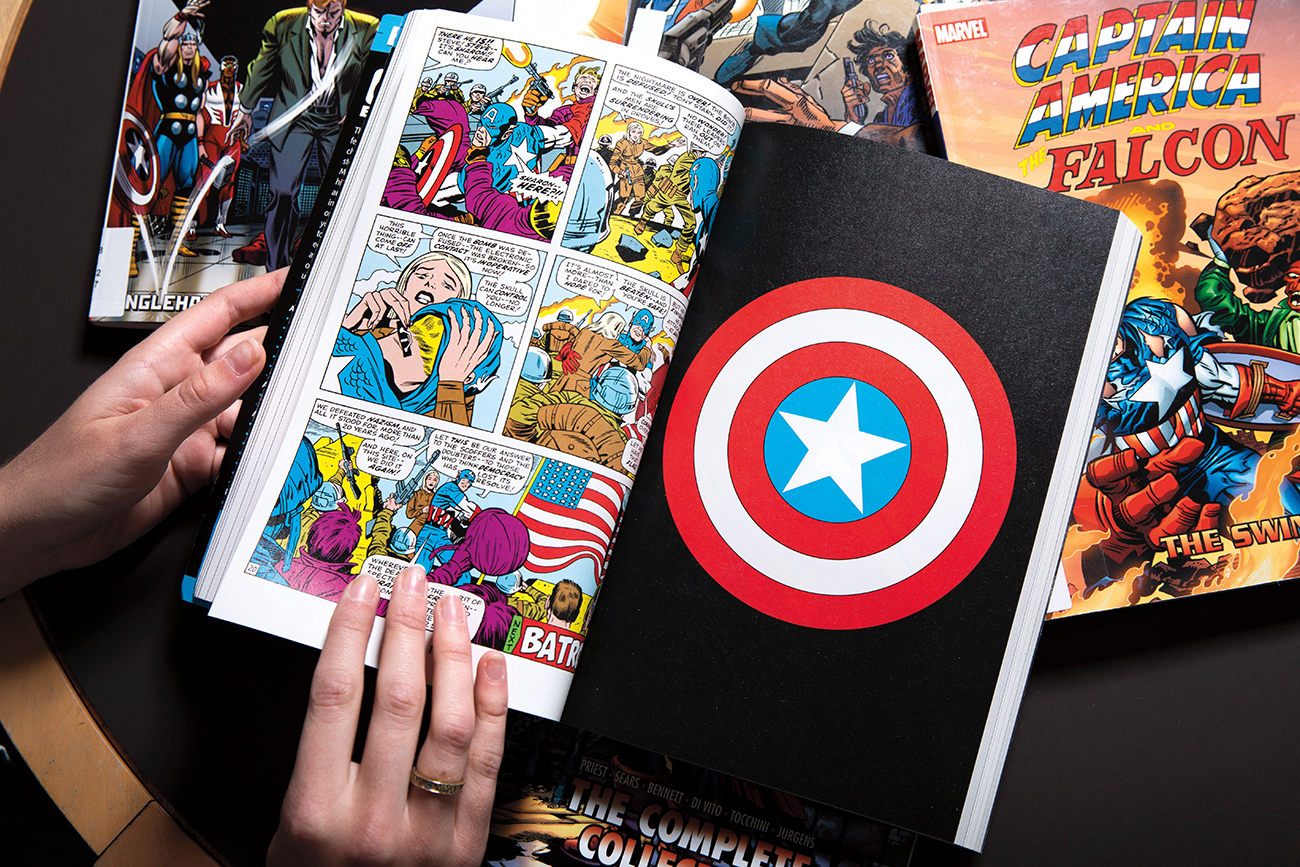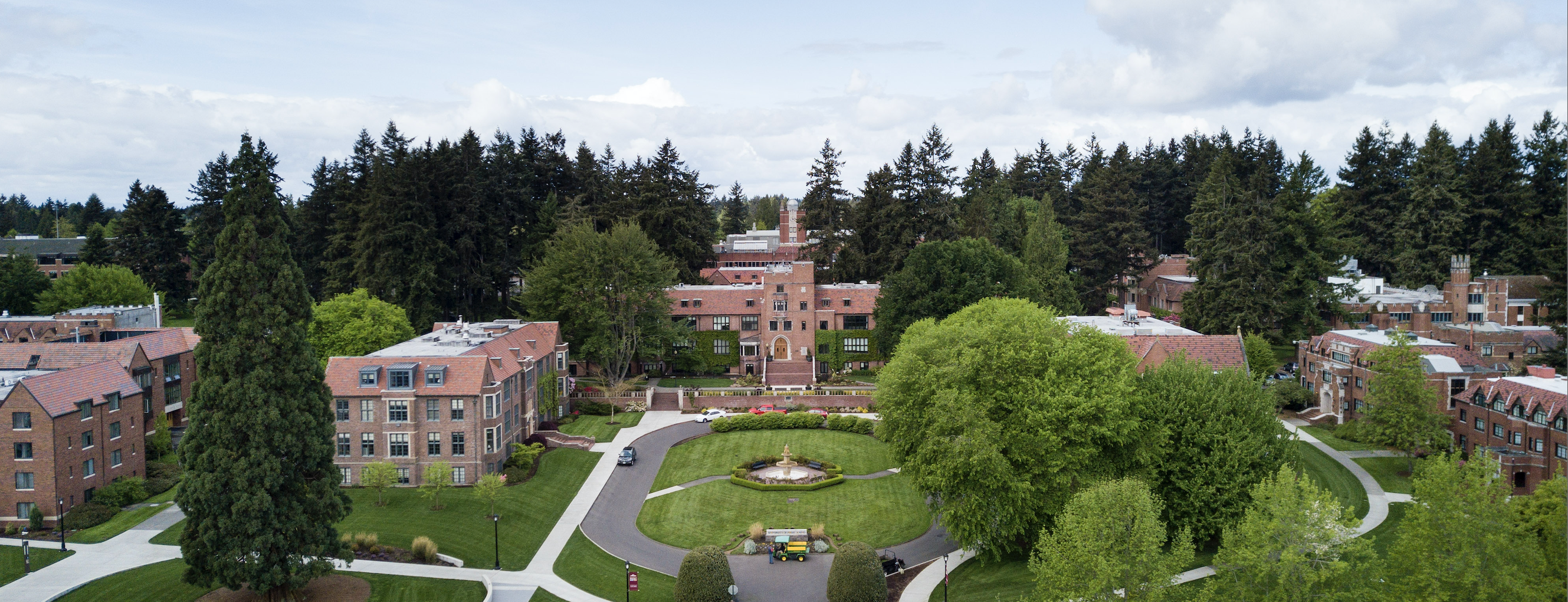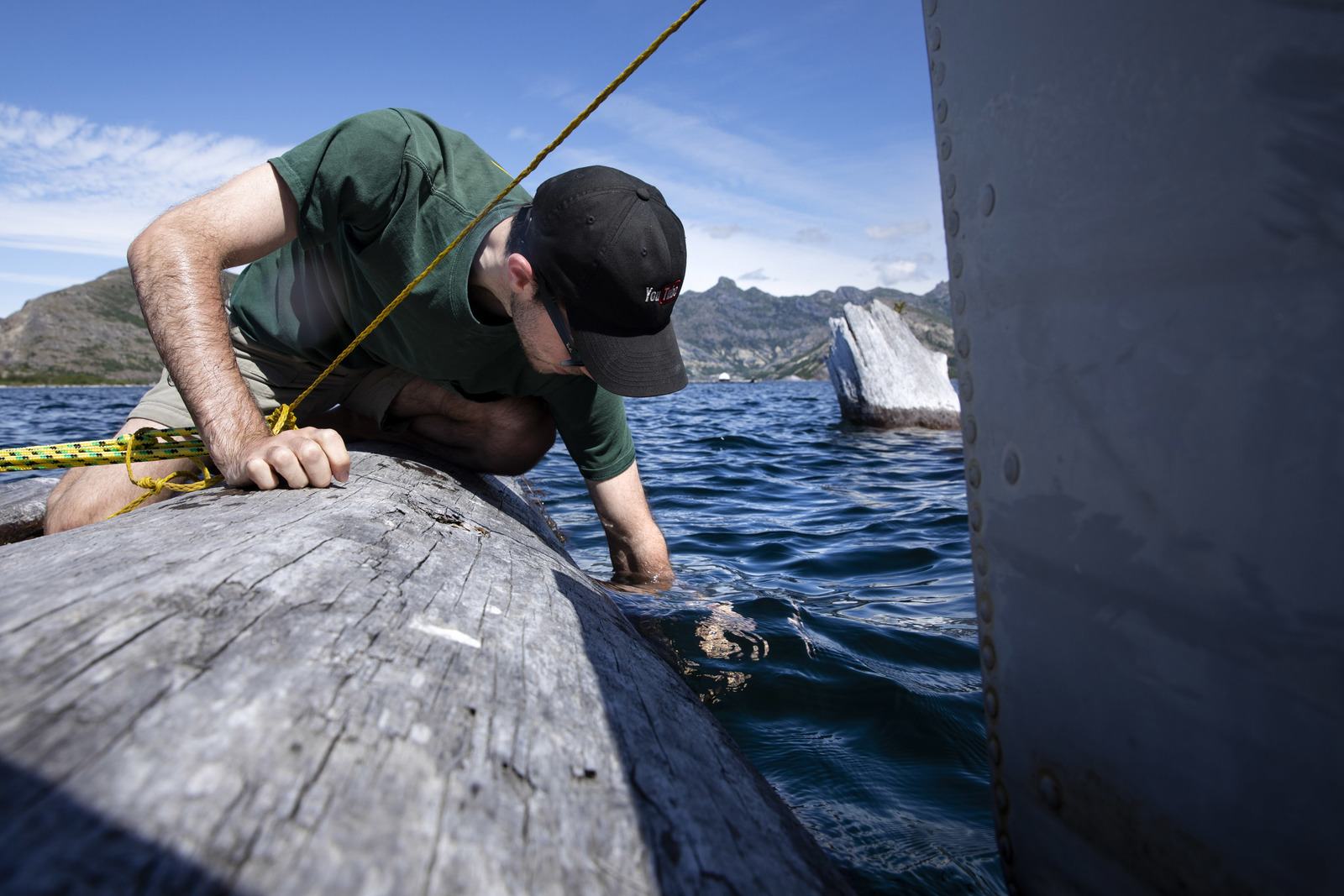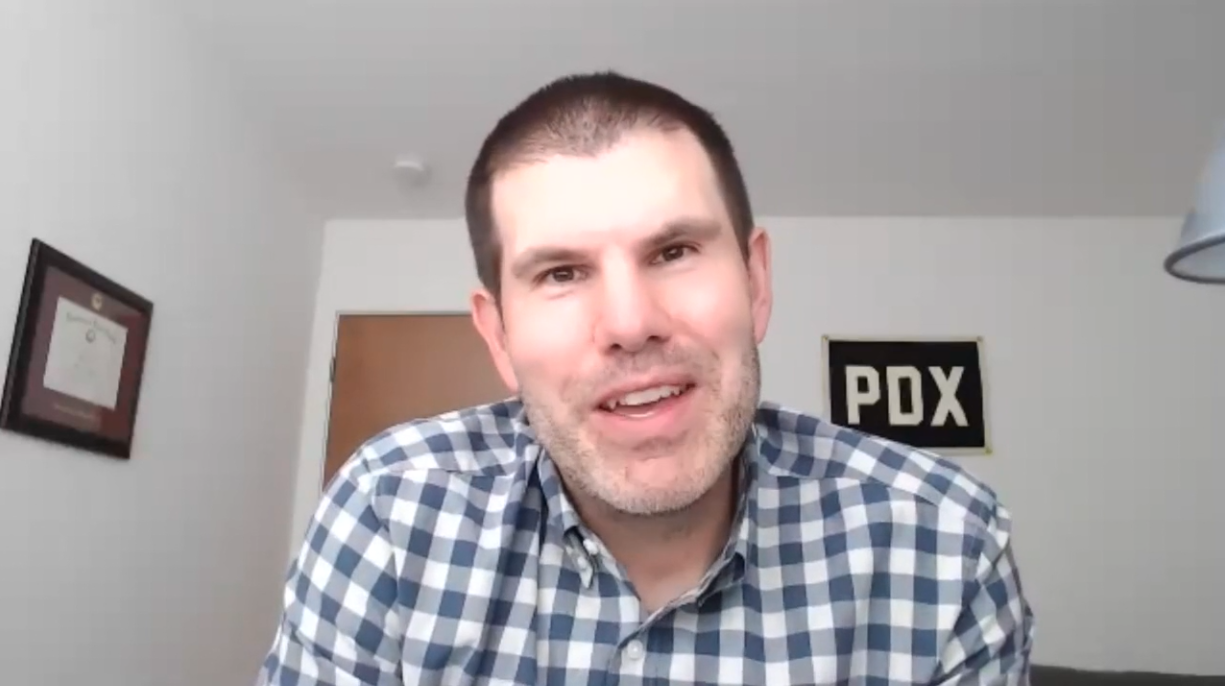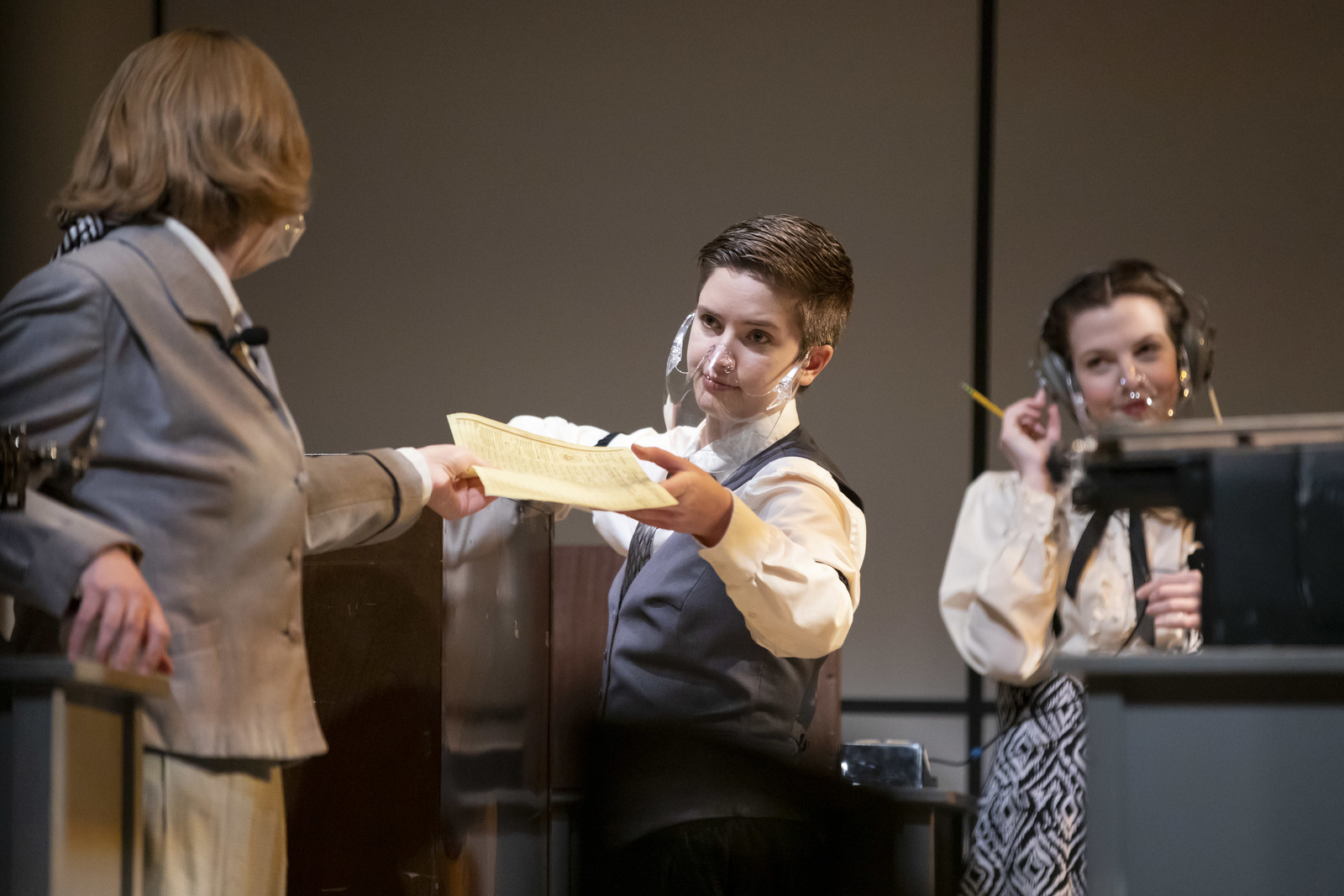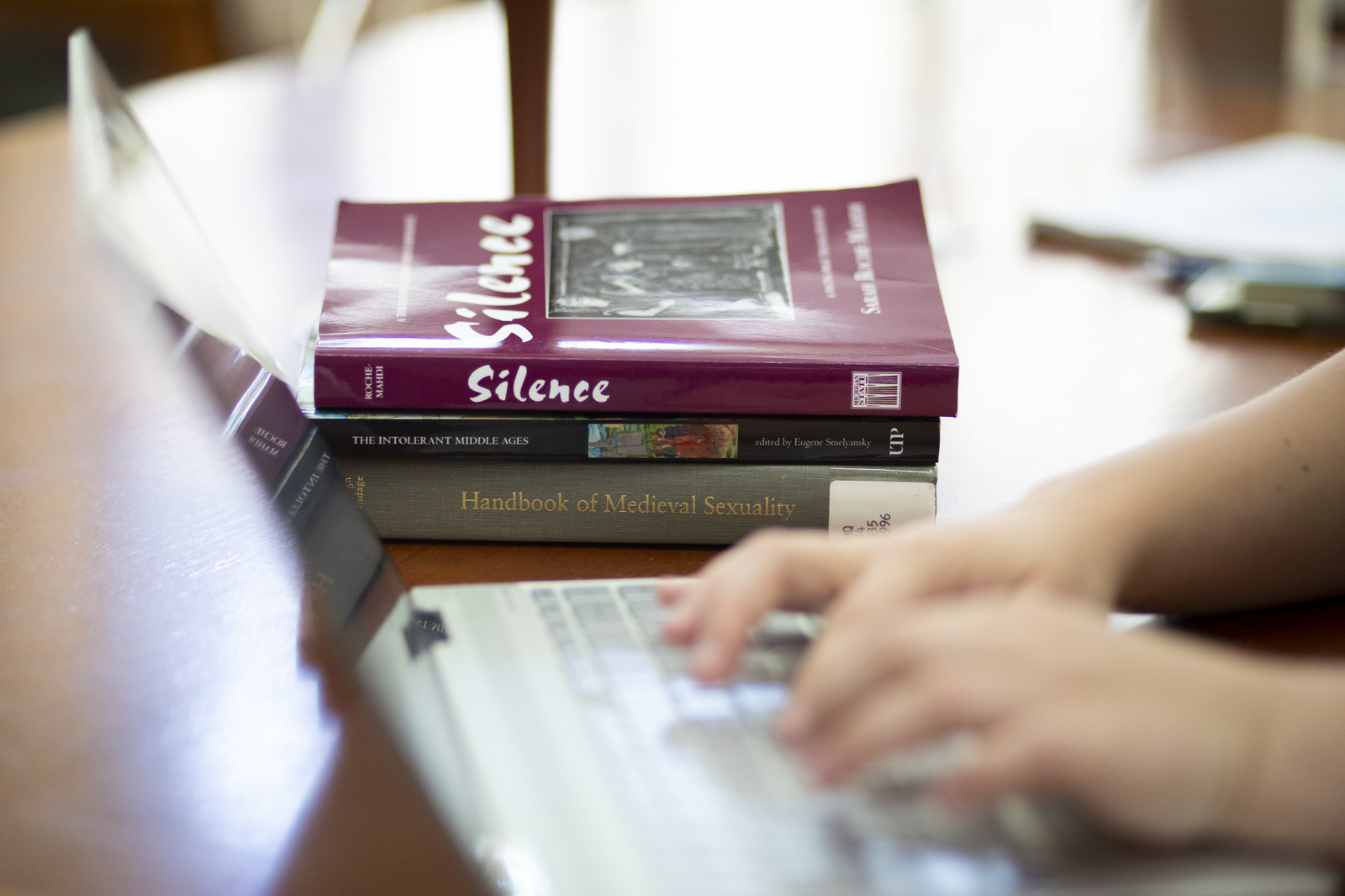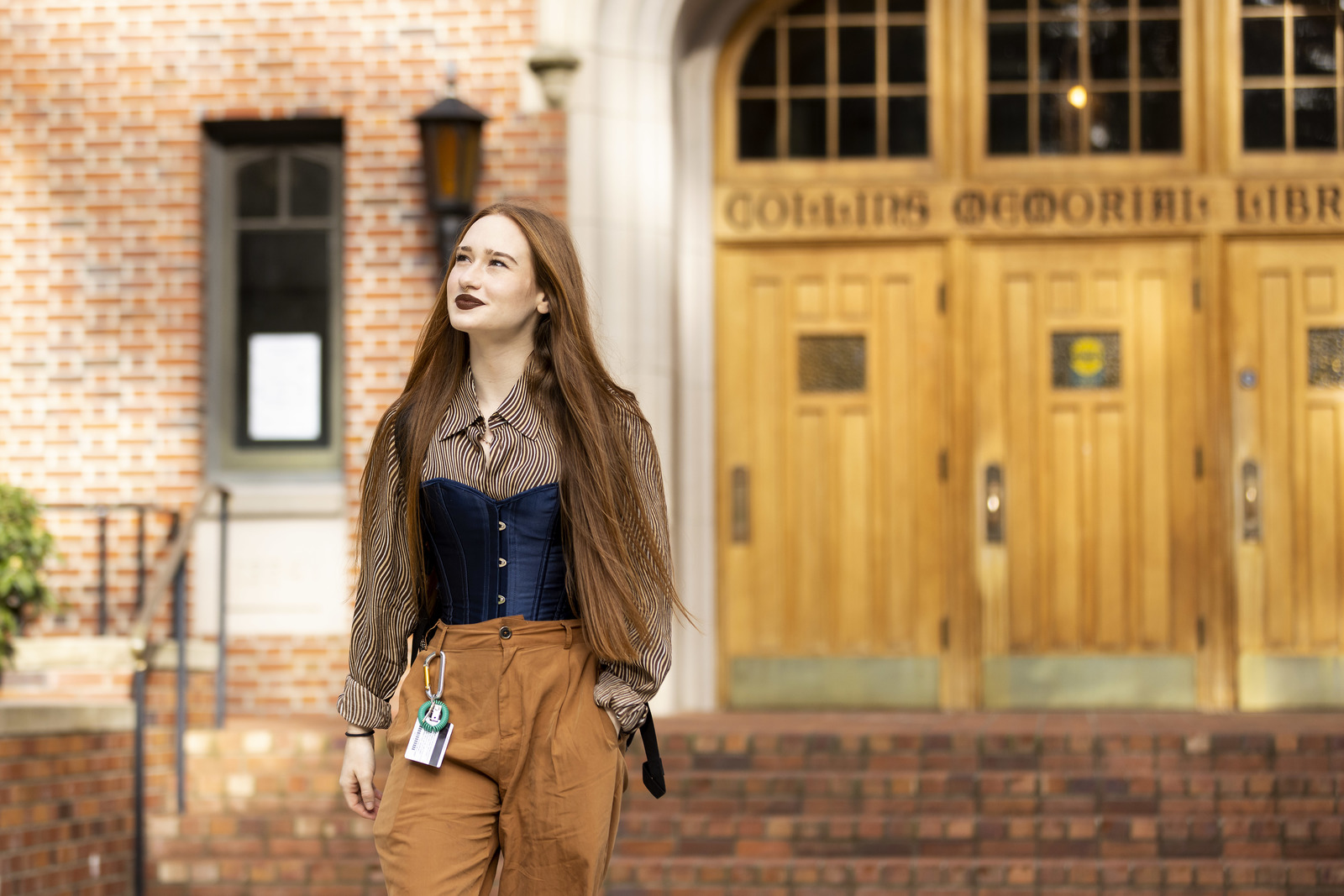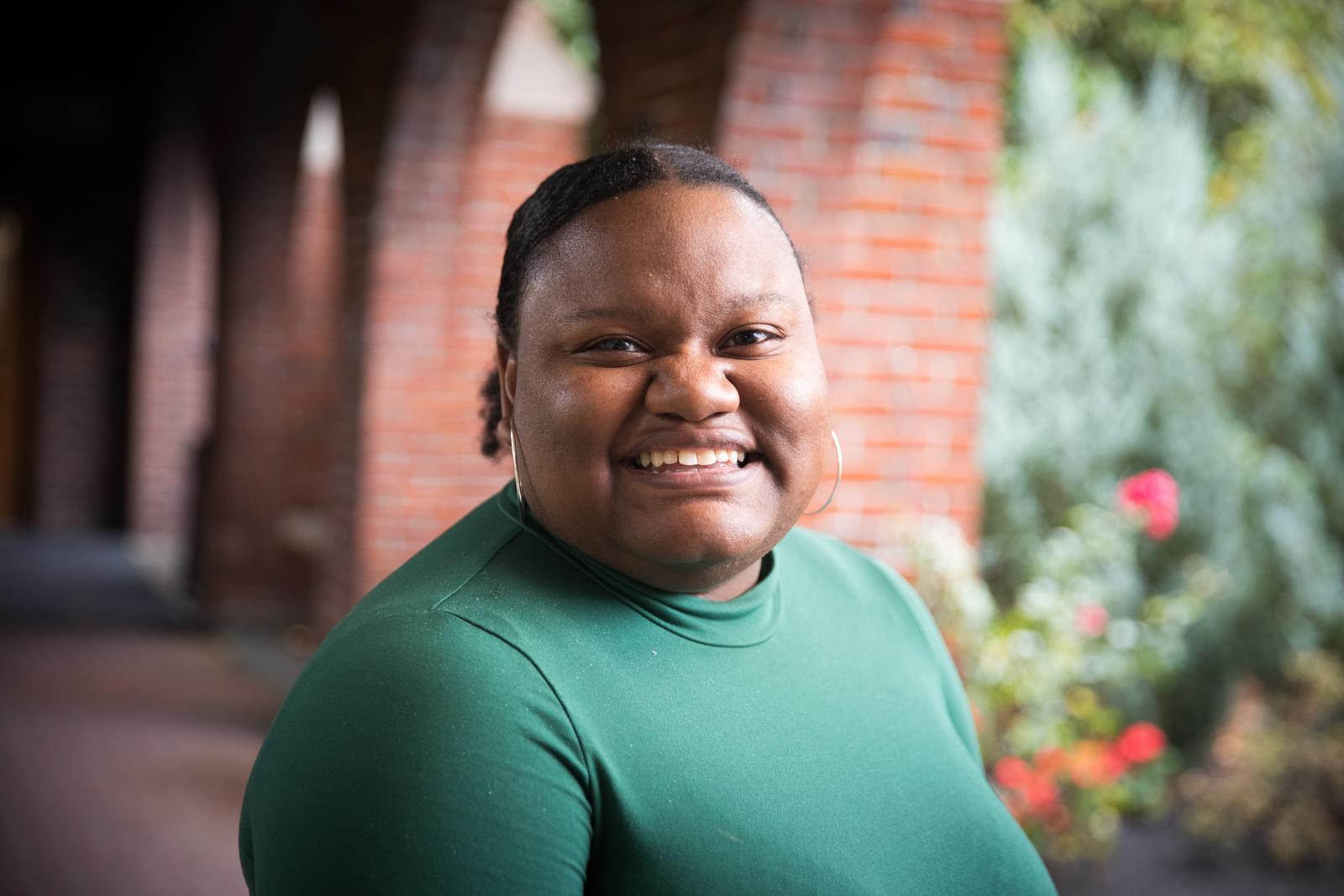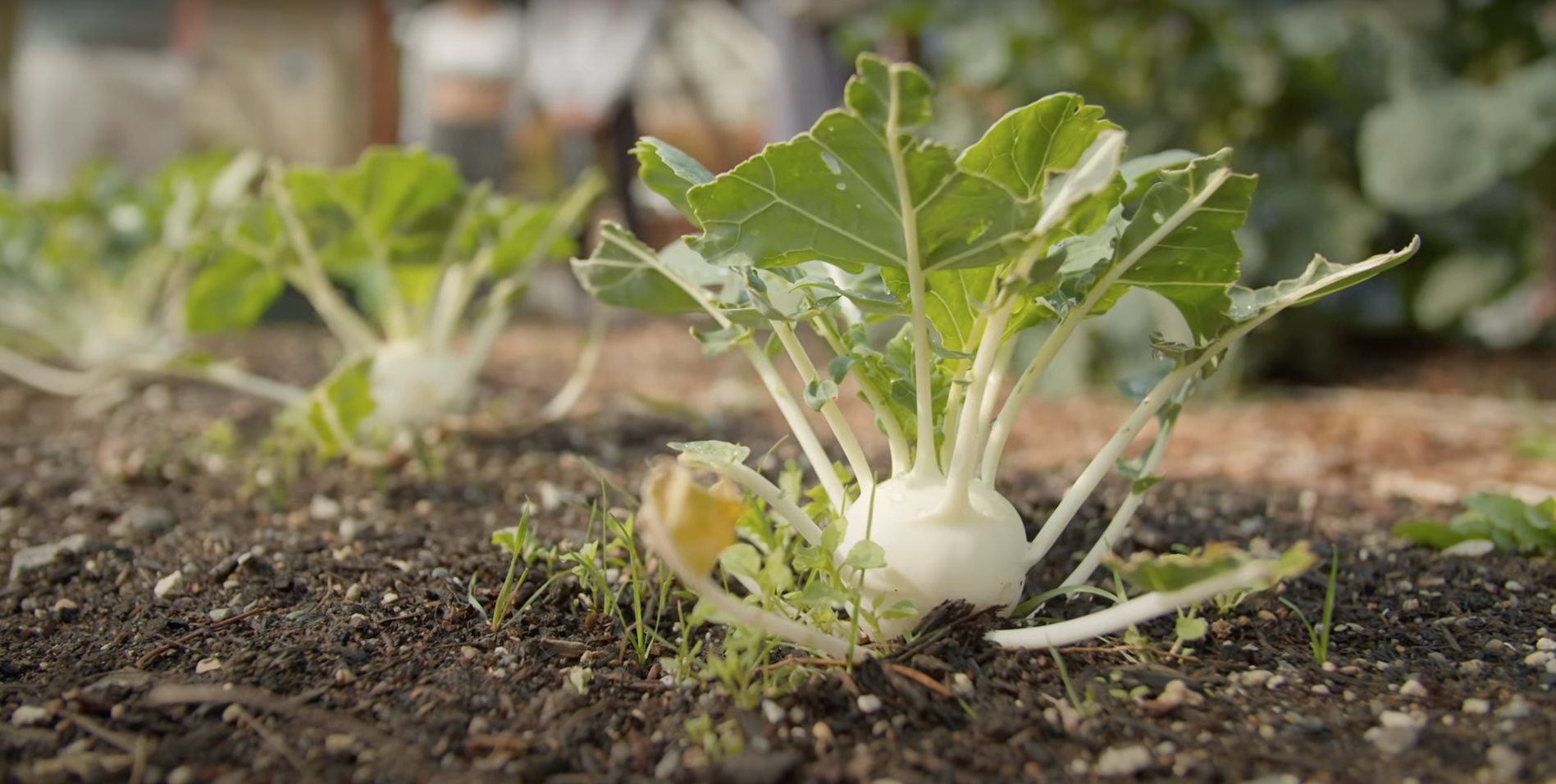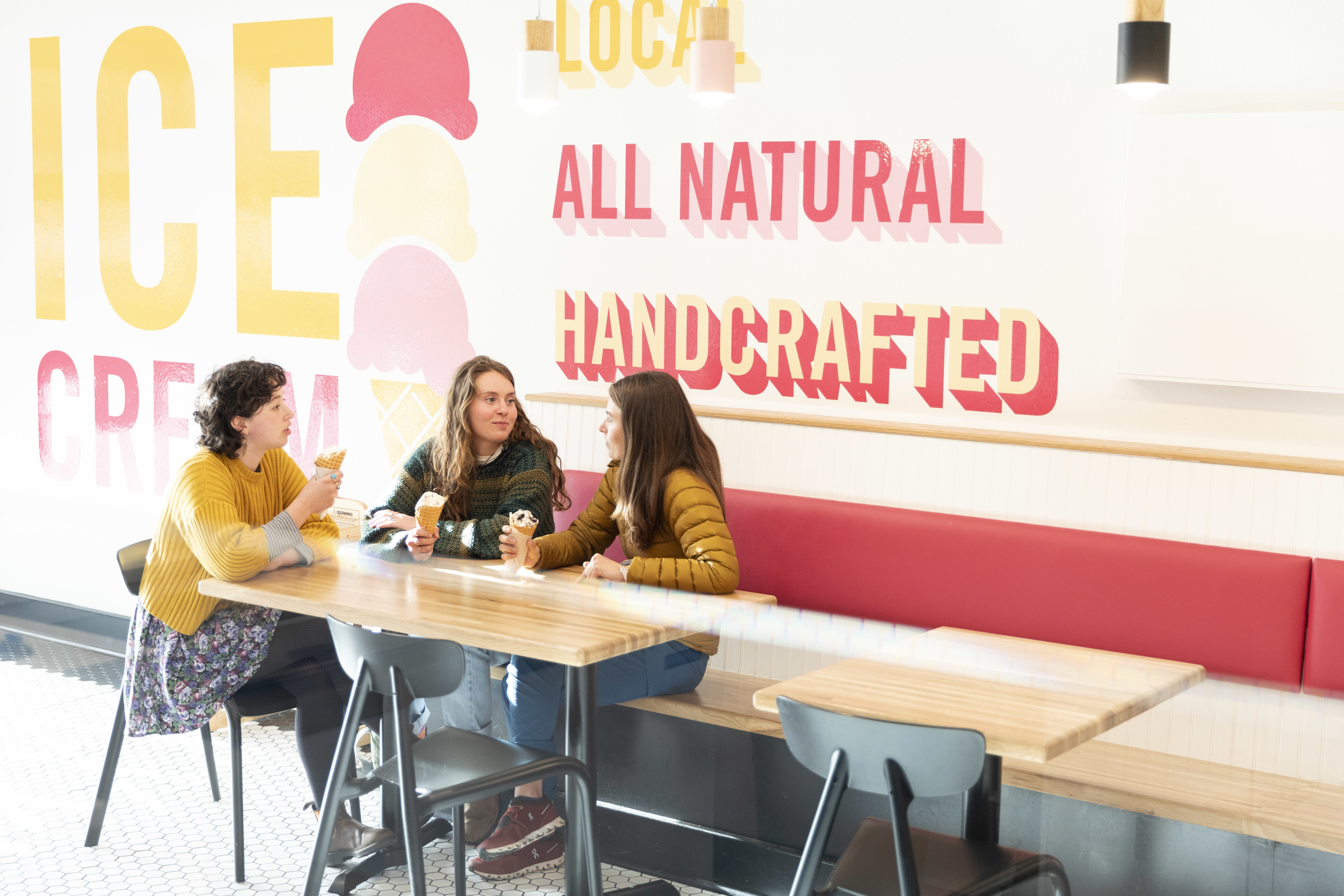“Oh no! You’re eating my arm,” Linnea Stoll ’20 exclaimed as a large pair of rubber teeth controlled by a high-spirited 7-year-old girl gripped her right arm.
It was nearly 2 p.m., and summer camp at the Children’s Museum of Tacoma was wrapping up for the day. Linnea, a Puget Sound psychology student, is working at the museum this summer as a “learning experiences” intern, teaching dozens of children about science, technology, and art. She found the internship through RISE (Reflective Immersive Sophomore Experience), a new Puget Sound program designed specifically for second-year students. Implemented this spring, RISE combines classroom sessions with summer internships to offer students the opportunity to “carve their path,” according to Puget Sound Associate Dean for Experiential Learning Renee Houston.
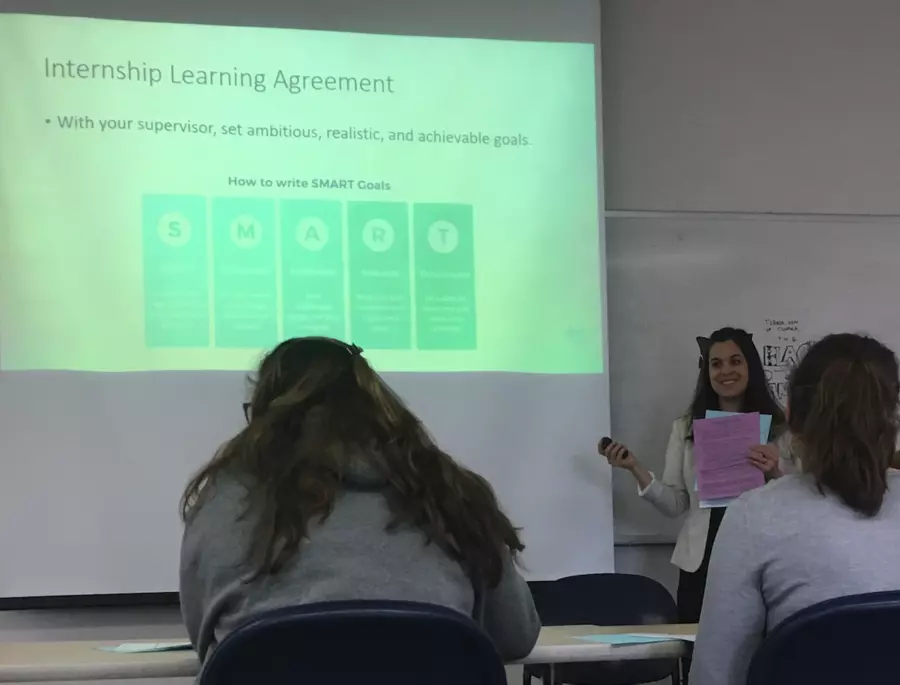
During the past spring semester, 108 sophomores were guided by RISE program manager and instructor Nicole Kendrick in a series of exercises. They were asked to reflect on their goals and interests, create resumes, research internships, and make their way through the interview process to land an internship. This summer, those students are interning in Tacoma and throughout the nation. Internships can be paid or unpaid, and students receive academic credit for completing the RISE program. Those interning locally are offered low-cost, on-campus housing for the summer, and some sophomores, including Linnea, are balancing internships with a part-time job.
To receive course credit, students are required to attend five class sessions during the spring semester, complete at least 120 hours in an internship, and keep field notes on their time as an intern. But it’s not about simply documenting the tasks they completed—the goal of the RISE program is for students to consider what they learned from the experience and how it fits into their future plans.
“We know that a liberal arts education is valuable in any workplace, but we want them to see how what they’re learning in class is of great value in the world,” Nicole says.
By their sophomore year, Puget Sound students are required to declare a major, a decision that sets into motion thoughts about their life after graduation. “We want to give them the skills and confidence to do that,” Renee says. “A huge part of the RISE program is self-discovery. We want to give them time to explore what these jobs actually are, as well as prime them for the process of getting interviewed and building resilience.”
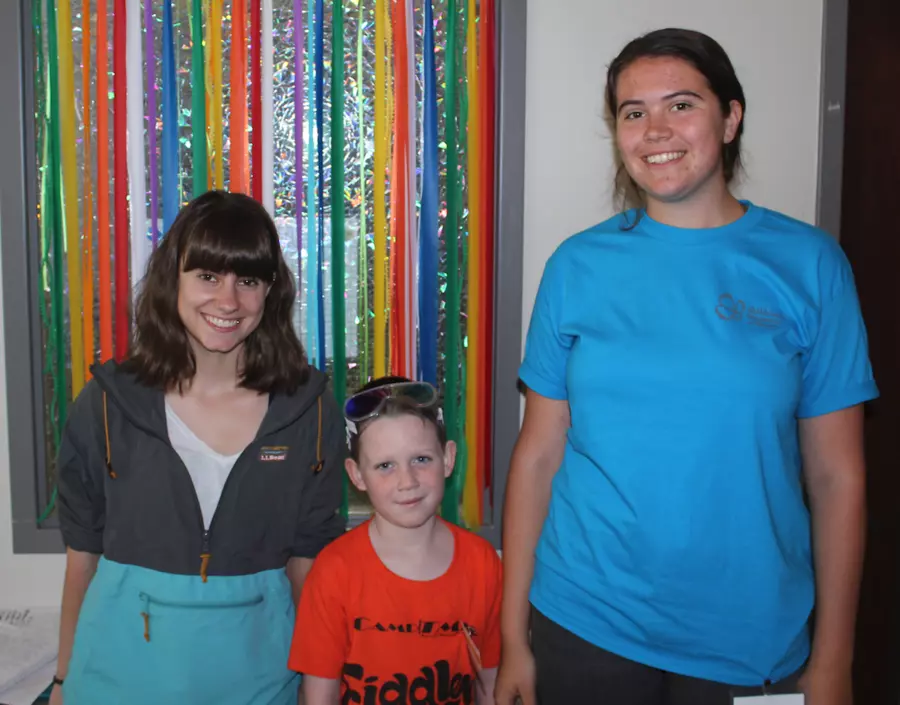
For Linnea, the experience is illuminating. She’s linking lessons from the classroom to the behavior of the children at camp and her interest in developmental psychology. “I am really happy I have an internship that connects back to what I’m interested in,” she says.
One mile north of the museum, fellow Puget Sound sophomore Bennett Johnson ’20, an English major and aspiring screenwriter who is also balancing his summer internship with a part-time job, is hard at work in his tiny office above the historic Grand Cinema—Tacoma’s only independent, nonprofit movie house. Bennett’s internship consists of conducting outreach campaigns and screening films before the theater decides to show them.
The screenings are his favorite part, he says, as they give him a chance to see films that do not fit into the traditional Hollywood mold. “It’s so important to have your perspective challenged,” he says. Bennett hopes to remain an intern at the theater through the fall when it hosts the annual Tacoma Film Festival in October, and appreciates the guidance and opportunities for self-discovery that the RISE program provides. “The goal is to get a sense of who we are,” he says.

